Earlier this month, the Roddenberry Foundation announced the winners of its #BoldyBetter competition, which awarded cash prizes to innovative ideas that can make humanity’s future a little brighter. Opus 12, a device that converts CO2 into valuable chemicals and fuels, was awarded the grand prize of $400,000, while four others each received $150,000.
Utilizing Star Trek’s 50th anniversary, Rod Roddenberry announced the Roddenberry Foundation’s inaugural $1 million cash prizes to the top innovation and ideas on how to make mankind’s future #BoldlyBetter. Months of applications and review have resulted in the selection of five prize winning solutions that address climate, health, communication, poverty, disaster response and more. Four additional finalist portfolios were also noted during the presentation.
The Grand Prize Winner – $400,000
Opus12 was named the $400,000 grand-prize winner with its device that converts CO2 into valuable chemicals and fuels that are cost competitive with conventional products.
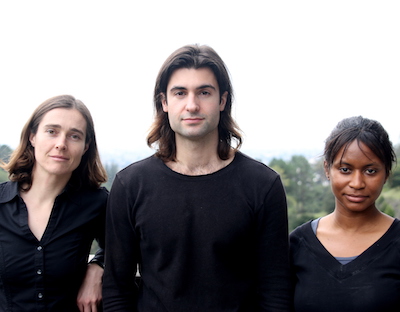
Opus12 co-founders
Nicholas Flanders, Etosha Cave and Kendra Kuhl comprise Opus12’s founding team. Their device uses only water and electricity as inputs, the Opus12 device can be bolted onto any existing source of industrial CO2 emissions in order to convert those emissions into critical chemical products. By recreating “warp speed photosynthesis,” Opus12 has the potential to offset one third of global energy-related CO2 emissions.
$150,000-prize Recipients
The four $150,000-prize recipients include The Cancer Cell Map Initiative, which aims to provide a key resource for cancer genome interpretation; SmartStones, which has developed a sensory communications system; FarmDrive, which has created an alternative data-driven credit model to assist smallholder farms across Africa; and Sierra Energy, a waste-to-renewable-energy company.
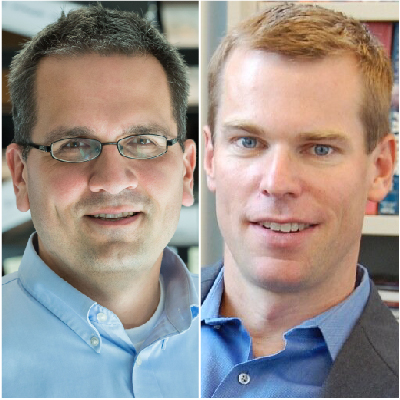
Cancer Cell Initiative co-directors
California-based professors Trey Ideker and Neven Krogran co-direct The Cancer Cell Initiative. The initiative will initially focus on head and neck squamous cell carcinoma (the sixth most common malignancy worldwide with only a 40% survival rate) and breast cancer (the most common type of cancer in the United States, leading to over 40,000 deaths). The major outcome of this work will be a collection of comprehensive Cancer Cell Maps and Cancer Gene Ontologies as well as the application of these resources to hypothesis-driven investigation and personalized, precision medicine.
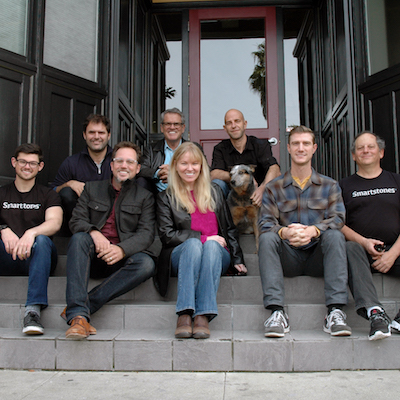
SmartStones team
Andreas Forlund founded Smartstones which has created a revolutionary system that enables people to communicate using body language through a mobile application called :prose. Linking sensory inputs including body language, expressions and gestures with verbal constructs, :prose bridges the systemic issue of communication faced by 370 million nonverbal people, including those with severe autism.
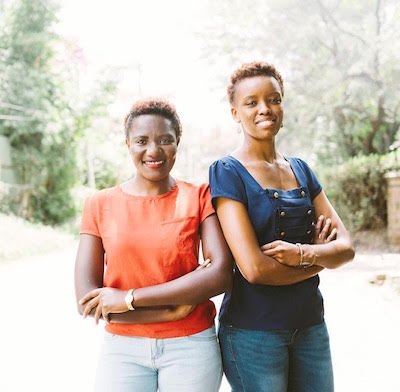
FarmDrive co-founders
Peris Bosire and Rita Kimani, co-founders of FarmDrive, grew up in poor, rural farming communities in Kenya observing the struggle of their families to obtain critical farming inputs (e.g. certified seeds, tractors). In 2014, the pair founded FarmDrive in order to use their education and passion for technology to address this problem. The duo has created a credit model that enables financial institutions to lend to smallholder farmers across Africa. This new mobile-based model produces alternative credit scores and loan products for farmers, calculated using environmental, social, and individual data. Through comprehensive agricultural risk assessments, FarmDrive seeks to bridge the gap between smallholder farmers and financial institutions (an estimated $425 billion globally). FarmDrive’s credit scoring model, based on agriculturally relevant data, gives financial institutions the tools needed to lend to bottom-of-the-pyramid smallholder farmers.
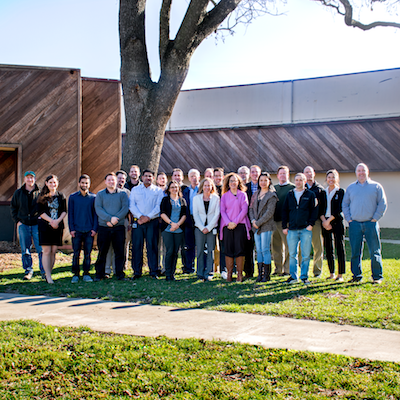
Sierra Energy team
Sierra Energy has spent over a decade developing FastOx – a gasification technology that converts garbage into clean electricity, effectively transforming a burden on society into a valuable energy and economic resource. This technology, developed and piloted in a Mexico City slum, has the potential to scale across developing countries throughout the world, establishing self-sustaining “renewable energy from trash” micro-economies.” The team combines expertise in renewable energy, waste management, engineering, and local capacity building via a “base of the pyramid” approach and is based in California.
The submitted portfolio solutions were presented in November and selected by Mark Kelly (retired astronaut and retired United States Navy captain), Majora Carter (Peabody Award winning broadcaster and urban revitalization strategist), Dr. Helene Gayle (CEO of McKinsey Social Initiative), Erik Hersman (technologist focused on impact and application of technology throughout Africa), Leah Hunter (writer of the human side of technology), April Reign (social media activist), and Sonal Shah (executive director of the Beeck Center for Social Impact and Innovation at Georgetown University and director of the White House Office of Social Innovation and Civic Participation).
“It’s about big, bold ideas that can change the world,” Rod’ Roddenberry said in his interview with TrekMovie on September 3 at Mission New York.
For more information and review of the four finalists, go to RoddenberryPrize.org.

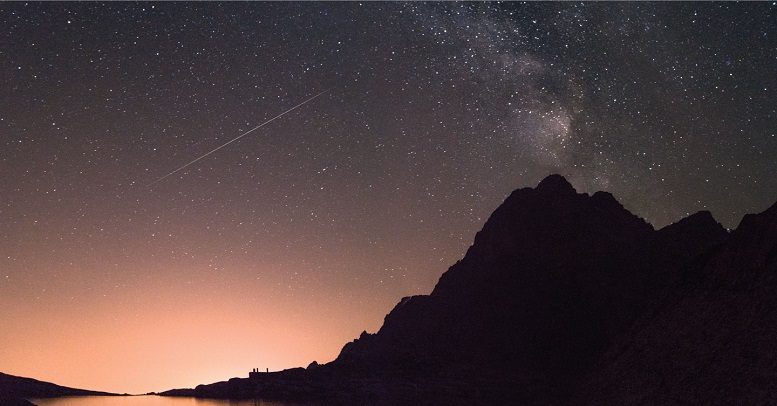


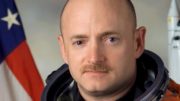

Absolutely outstanding work everyone! And a massive thank you to Rod Roddenberry — you’re helping to make this world a better place. Keep it up.
LLAP
True winners all! Congratulations to everyone.
Very interesting projects brought to light and supported by Roddenberry’s initiative. Bravo!
Wow! What a heartening list of projects; it’s wonderful to know that things like this exist. Thanks to Rod Roddenberry for supporting such worthy endeavors!
Great choices- these all sound like objectively usefull technologies and applications.
Thank you Roddenberry Foundation